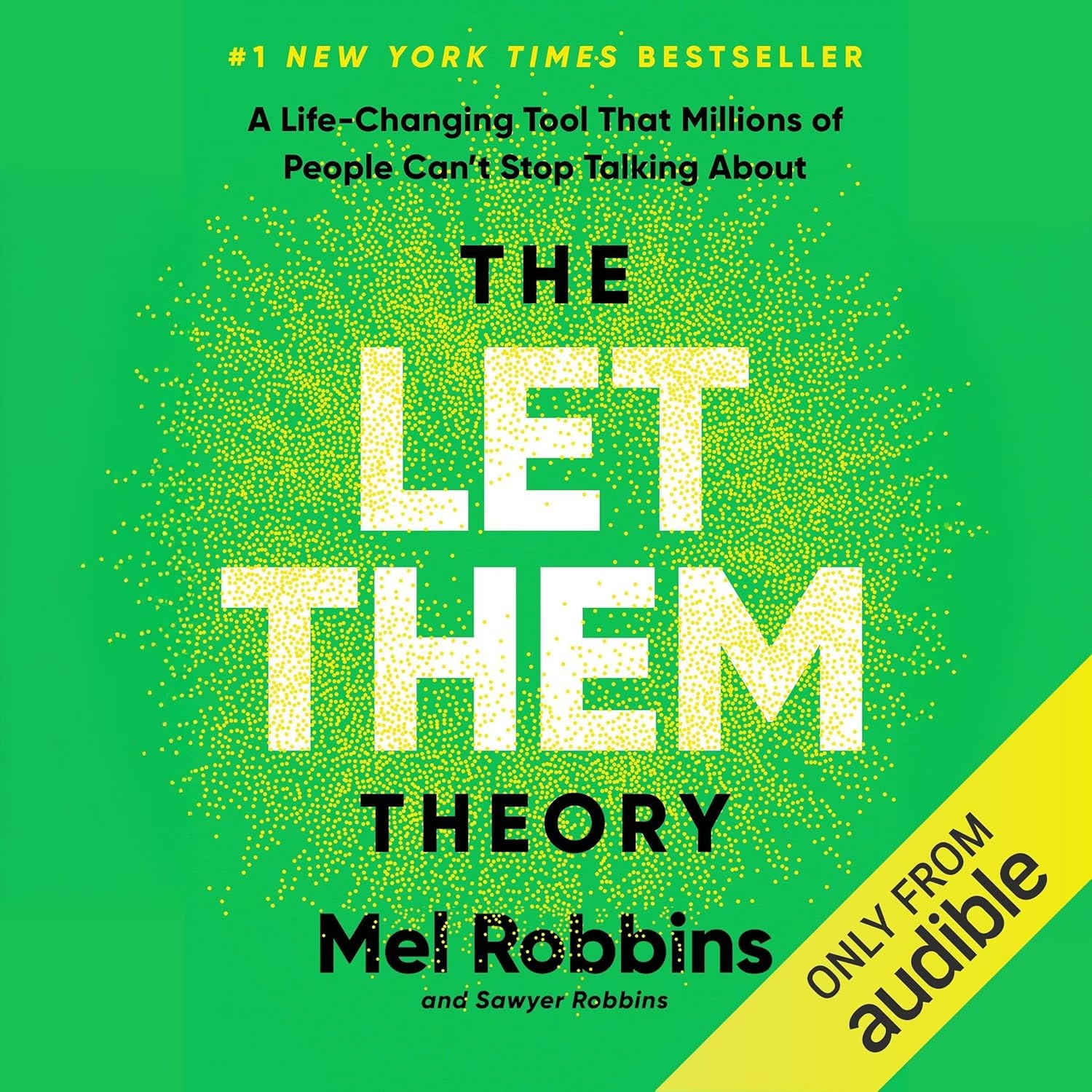![]() I was never a huge short story reader but I loved every story in this collection. They were as satisfying as long, juicy novels, which was shocking to me! What appeals to you about the short story? What kind of advantages — and challenges — does it present?
I was never a huge short story reader but I loved every story in this collection. They were as satisfying as long, juicy novels, which was shocking to me! What appeals to you about the short story? What kind of advantages — and challenges — does it present?
As a reader, I love short stories for the reason you mentioned: they bring me completely into another world in a matter of a few pages. And I love the way a short story ends but doesn’t really end—because of the restrictions of the form, resolutions aren’t always complete, and I enjoy thinking of the characters long after I’ve finished the story.
As a writer, I find that short stories allow me to dip into many different worlds at once—I’m usually working on several stories at a time—and I enjoy the diversity of that, which is so different from writing a novel, in which a writer commits to one world for a very long time. And perhaps because of my journalism background, I grew accustomed to putting forth a lot of information in a concise way, and when I began writing fiction, I found that short stories were an excellent fit. To me, the main advantage of writing a short story is probably the same as its main challenge: finding that balance in which you offer context and characterization in a more condensed format, but still create a world that feels completely vivid to the reader.
Why did you choose the specific settings of these stories? The exotic locations, from Tonga to Antarctica, were so fascinating and made such a statement about how we all share the same emotions and desires underneath our foreign skins. Have you visited all of these places?
I’ve visited most of the places in these stories, which for me is important in terms of getting all the details right—I’m such a stickler for detail. But visiting a place, while helpful, is by no means a requirement for writing about it. One of the places I’ve never been, for example, is the Tonga, and for that story I relied on photos, a lot of research, and secondhand experience via my sister, who did live there for two years.
In terms of how I chose the settings, it ultimately comes down to character. For example, in “First Sunday,” the Tonga story, I wanted the main character, who’s used to being very much in control of her life, to end up in a setting in which she is a complete outsider, in which she’s incredibly uncomfortable and out of her element. In “The Ecstatic Cry,” I chose Antarctica because the biologist in the story is so removed from herself and from her own emotions that her environment quite literally reflects her state of mind.
There are so many lines that literally took my breath away in their rawness and simplicity, like when you compare a married couple’s memories to a language translation software (“This is what happens when they lay out their memories side by side. At best, they are a fuzzy match.”) and a grieving scientist to an emperor penguin (“When her calls go unanswered, she will lower her beak to the icy ground, where she will eventually find her chick, frozen in death, and she will assume the hunched posture of sorrow as she wanders across the ice.”). I am haunted by that image, and the idea of the ecstatic cry. How did you come up with some of these spot-on comparisons?
Thanks for your kind words! In order to write something that is going to ring absolutely true for readers, I have to get completely immersed. I’m always telling my students that while hearing voices and talking to oneself is usually considered a sign of mental illness, it’s not only normal for a writer but something that should happen. Once I’m in tune with a character, she will practically start speaking on her own, and this is when the story almost begins to tell itself. It’s a strange and magical thing—and of course it’s getting there that’s the hard part. Getting there takes research, outlining, writing and rewriting and sometimes starting all over again.
Nature – or, at least, geography – seems to play such an important role in these stories (although, ultimately, it really doesn’t!) How significant is it, to you, in the human story?
One of the things I explored in a couple of these pieces is the way humans often project our own thoughts and feelings onto animals; animals can’t speak for themselves, but their worlds often mirror our own. In “The Ecstatic Cry,” the narrator sees penguins grieving in the same way she herself does; the main character in “Beyond the Kopjes” is so affected by the lion kill she witnesses in Africa because it’s a reminder of the victim/prey dynamic that she experienced as an assault victim back home.
When it comes to geography, I was intrigued by the idea of many of these characters longing to lose themselves by traveling to another—often more exotic—setting, only to find that it forced them to more directly confront who they are—the notion that no matter how far you go, you can’t ever outrun yourself.
“The Road to Hana” is one of my favorite stories. It feels like a marriage horror movie unfolding as Sue and Ethan set off on the treacherous journey, and I held my breath for much of the story. How did you come up with this idea? It just felt so real.
I first started thinking about this story when one day, at the university alumni office where I used to work, we received a ring in the mail. It had been sent by an alumna who had stolen it from her roommate years ago, and she’d hoped we could return to its rightful owner with her apologies. I couldn’t forget about it—I kept thinking of why she’d taken the ring, of her living with the guilt for all those years, and the character of Sue was born as I began exploring some of these ideas. Some time later, when I traveled to Hawaii for a friend’s wedding, I found myself surrounded by couples in various stages of their relationships—wedding, honeymoon, anniversary. And that’s when the two ideas collided: how we can never really know everything about a person, and how both relationships and memory change so much over time.
I have to ask you about the title, “Forgetting English,” even though it seems pretty self-explanatory once you’ve read the stories. Can you tell me a little about what it means to you, how you selected that particular story as the title story of the book and how you decided which stories to include in this collection?
The story “Forgetting English” began as a much longer project—I’d originally hoped it would be a novel, in part because I liked the title. When I realized that it was meant to be a short story, I also noticed that I had a couple of other stories about Americans traveling abroad, discovering or re-discovering things about themselves that they may not have learned had they stayed close to home. With that theme in mind, I began to put the collection together, and after about five years, I had enough for a book. I wrote a lot of other stories during those five years, but not all of them had a travel/discovery theme—I went with the stories that had to do with what the title suggests: forgetting where you came from, starting over.
What’s next for you? I can’t wait to read more!
Right now I’m working on a novel, and I have the beginnings of about eight new stories waiting for attention.
Watch the trailer Midge and her husband created for their books here.




Midge Raymond, a personal friend and my editor, sent me this interview recently. I was so pleased to find a website such as this one. I’ll pass it on to friends, as well.
Thanks a wonderful way to connect!
Melinda Haldeman
What a lovely interview with Midge. I will definitely recommend her book to others. And I am so happy to find this meaningful Style Substance Soul website. Thanks!